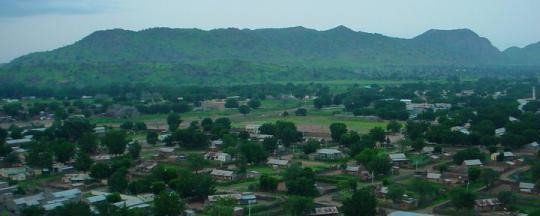A group of youth activists from Sudan’s South Kordofan and East Darfur, South Sudan’s Northern Bahr El-Ghazal and the disputed Abyei area are trying to activate the role of local civil society in rebuilding peace along the border between the two countries.
A large number of youth activists have denounced recent political tension and warned that the deteriorating relationship between Sudan and South Sudan could lead to tribal conflict in the area.
Difficult living conditions experienced in the border areas, closure of the border and the prevention of the northern cattle herders being able to graze their cattle South Sudanese territory were all cited as factors that could trigger localised conflict.
The activists emphasised that the “situation at the border is almost catastrophic,” pointing to the deterioration of the security situation and growing cases of theft.
Abu Ebaid Mohammed Hamdan, a youth and Misseriya leader, pointed to the rejection by many youth of the political disputes over border between the two countries. Hamdan claimed that there is a growing trend within the Misseriya tribe to prompt and support local civil authorities in playing their role to build lasting peace and stability between different border communities.
He claimed that “there is a strong trend within a large segment of youth activists in different areas to push initiatives that activate the role of the local civil administration in order to effectively carry out their duties and create a conducive and stabilized environment…among the border tribes.”
In a report last weekend, UN OCHA warned of negative repercussions from the non-implementation of the cooperation agreement between South Sudan and Sudan on the peace and relative stability between tribes on both sides of the border. An agreement to demilitarise the border area was signed by both nations in September last year but, since then, each has actually increased troop numbers at given points.
Photo: Kadugli, South Kordofan




